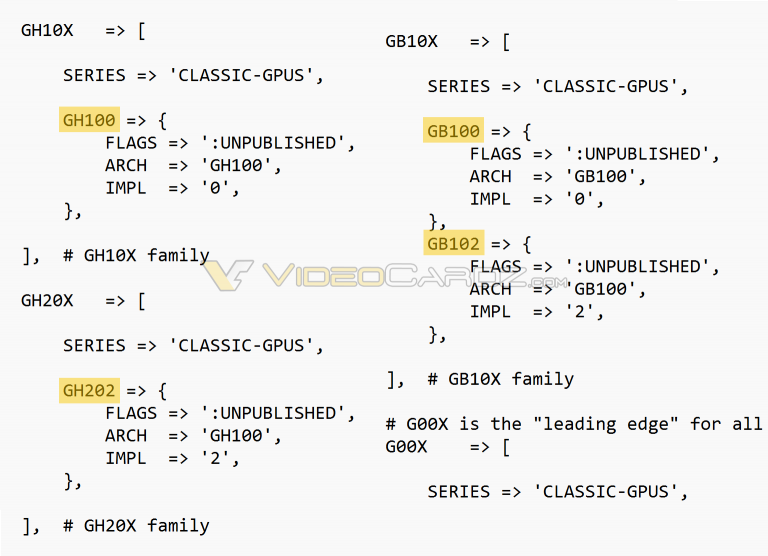Blackwell In 2024
At the Arete Tech Conference 2022, Ian Buck from NVIDIA spilled the beans regarding their next-generation GPUs. Following the two-year cycle, NVIDIA will not slow down and will release the successor to Hopper in 2024. Before we speculate about the specifications, one should note that Blackwell is not aimed at mainstream consumers. Rather, it is the next-gen after Hopper oriented towards Datacenters. If we try to decode these words then it seems that NVIDIA is facing no serious delays or at least expects Blackwell by 2024. It is expected that NVIDIA will turn to TSMC’s bleeding edge 3nm process for Blackwell. Other than that, we have no leaks regarding the actual architecture itself. Presumably, Blackwell will be a monolithic design. Blackwell-next may be based on an MCM design. So, I think, it’s going to be exciting, it is exciting and this Hopper transition is just yet another turn of the crank the 2023 will bring even more and we will — and again, 2024, happy to keep coming back to you guys and telling you what the next thing is as we…..Roll it off ~seekingalpha
What Do We Know
Videocardz a while back shared some code mentioning four different SKUs namely, GH100, GH202, GB100, and GB102. Since Hopper already features the GH100 and the GH202 (Not Launched), the remaining two are indeed from NVIDIA’s Blackwell lineup. The ‘H’ may stand for Hopper whereas the ‘B’ may stand for Blackwell. In any case, these are just the different Datacenter GPU names without any specs.
Why Blackwell?
Ada Lovelace is a codename dedicated to the English mathematician and writer, Augusta Ada King. Blackwell as per Kopite is named in dedication to David Harold Blackwell, an American statistician and mathematician famous for his contributions to game theory, probability theory, information theory, and statistics.
Conclusion
The next generation of NVIDIA GPUs is surely exciting but the user in this modern day and age demands efficiency over performance. We will see how NVIDIA tackles these uprising issues if they opt for a monolithic design. AMD on the other hand has already switched over to a multi-chiplet design, tipped to offer massive gains in efficiency.
